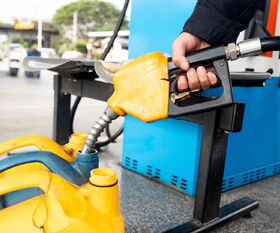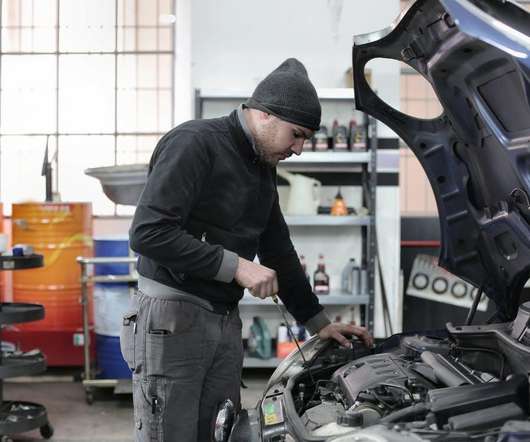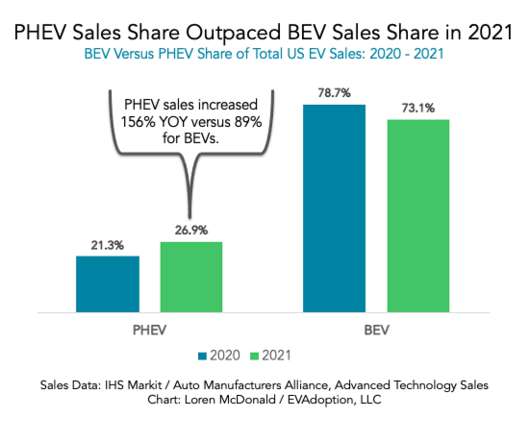Biogas2PEM-FC project converts waste from olive oil production to electricity
Green Car Congress
DECEMBER 24, 2014
An EU-funded project, Biogas2PEM-FC , has developed a system to convert the toxic waste from olive oil production into electricity. The waste from olive oil production—which contains pesticides and toxic organic compounds, is acidic and with a high salinity—is environmentally harmful and costly to discard.







































Let's personalize your content